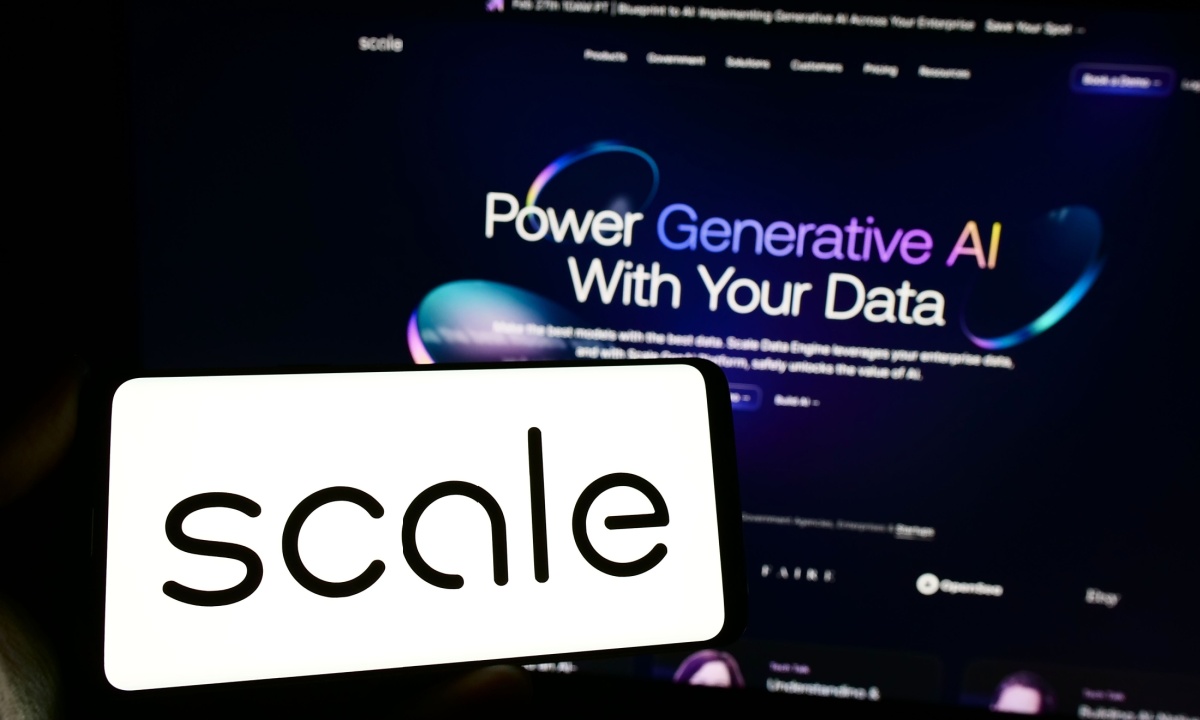AI Investment: Can Meta and Scale AI Collaborate to Lead the Next Generation?

Meta’s recent decision to invest approximately $15 billion in Scale AI, securing a 49% stake in the data-labeling firm, signals a significant shift in its strategy to enhance its AI capabilities. This initiative also brings onboard Alexandr Wang, the ambitious 28-year-old CEO of Scale AI, to spearhead a new superintelligence lab within Meta.
Historically, Meta has made substantial investments in groundbreaking technologies, most notably its $19 billion acquisition of WhatsApp and the $1 billion Instagram purchase. Although these ventures faced scrutiny over perceived overvaluation at the time, both platforms have since become essential components of Meta’s expansive ecosystem. The key query arising from this latest move is whether the Scale AI investment will similarly fortify Meta’s position in an increasingly competitive AI landscape.
Unlike prior acquisitions aimed at social media expansion, this investment focuses on refining the quality of data used to develop powerful AI models. For years, leaders in AI such as OpenAI have depended on Scale AI’s expertise in data production and labeling, which are crucial for training advanced AI systems. Recently, Scale AI has ramped up its recruitment efforts, drawing highly skilled individuals, including PhD-level scientists and senior engineers, to enhance its data-quality services.
Internally, Meta faces challenges regarding innovation in its AI operations. Reports from within the company indicate dissatisfaction among leaders regarding the ongoing stagnation in AI development. Earlier this year, Meta’s generative AI team unveiled the Llama 4 model, which unfortunately fell short compared to offerings from AI rival DeepSeek. This has compounded a problem of talent retention, with Meta experiencing a notable 4.3% talent drain to competing AI labs within just a year.

In addition to its partnership with Scale AI, Meta’s strategy relies heavily on Wang’s leadership for its superintelligence initiative. Known for his ambitious drive and robust connections in Silicon Valley, Wang has engaged with global policymakers about AI’s societal implications. Despite his startup success, questions surround his lack of extensive AI lab experience, prompting Meta to seek additional high-profile hires, including top researchers from firms like DeepMind.
The future of Scale AI, post-acquisition, remains uncertain as the role of real-world data in AI is evolving. While some labs have begun consolidating data collection in-house, others are exploring synthetic data methods, indicating a shifting landscape. Moreover, internal conversations suggest that Scale AI has missed certain revenue and profit benchmarks, raising questions about its long-term viability.
Experts like Robert Nishihara, a co-founder of Anyscale, highlight the dynamic nature of data and emphasize the critical need for AI companies to innovate in their data strategies. This evolving relationship might deter traditional AI partners of Scale AI, potentially bolstering competitors like Turing or Surge AI instead.
As Meta navigates this complex situation, maintaining its competitive edge is paramount. OpenAI is preparing to launch its next flagship model, GPT-5, alongside a new accessible version, which poses further challenges for Meta’s Llama series. With substantial ground to cover, the success of Meta and Scale AI’s collaboration could redefine the agency’s standing in the realm of AI.
